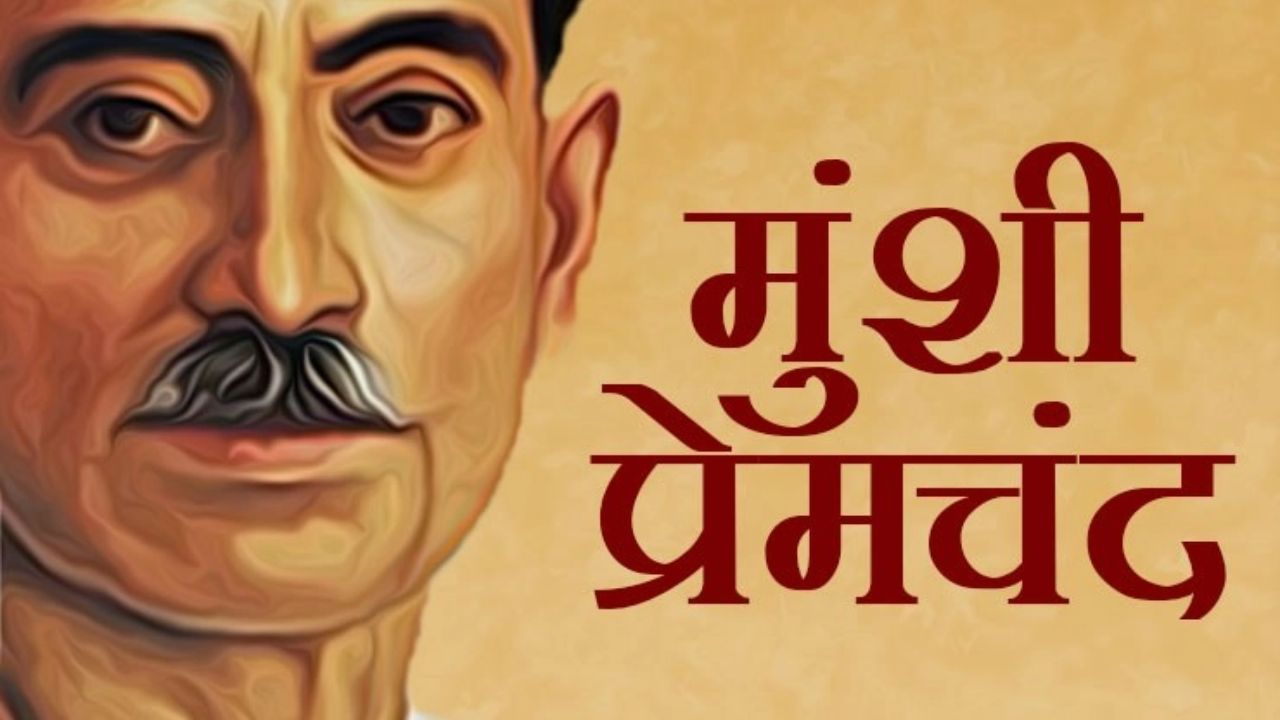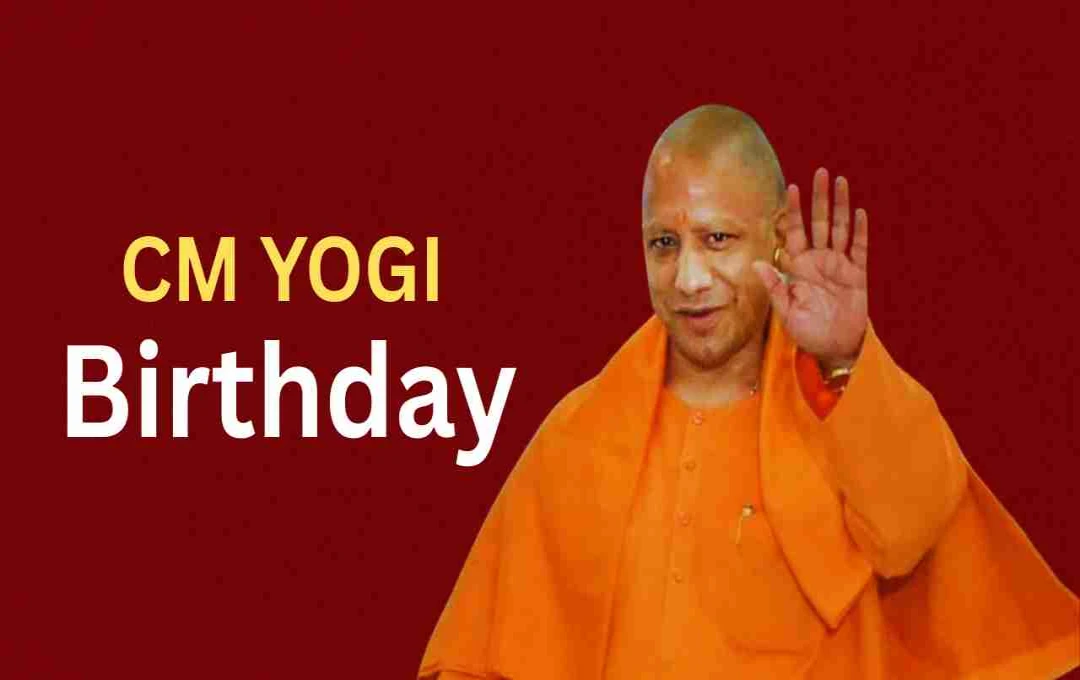Munshi Premchand's Priceless Story: Milap
Our nation has been a cradle of great men and women – sages, poets, writers, musicians, and countless others – throughout the centuries. Their countless creations are invaluable treasures.
Today's youth, in this digital age, seem to be lost, drifting farther from our heritage and invaluable legacies. Subkuz.com strives to bring you not only these precious treasures, but also captivating stories, news, and insights into the world and beyond.
Presented here is one such invaluable story, penned by Munshi Premchand, titled:
Milap
Lala Gianchand was engrossed in accounts when his son, Babu Nanakchand, approached him. "Father," he said, "this place is no longer engaging. If you allow, I would like to travel. I will return in a month or two."
Nanakchand was a gentle young man, with a pale complexion, faint dark circles under his eyes, and a slumped posture. Gianchand regarded him with sharp scrutiny, his tone laced with sarcasm. "Is there something lacking in this home to spark your interest?"
Gianchand had tirelessly tried to guide his son towards a respectable path, but to no avail. His son's company was questionable; he was immersed in pursuits of drink and pleasure. Why this sudden desire for travel? But Nanakchand, accustomed to his father's disapproval, boldly replied, "My spirit feels stifled here. I have heard much praise of Kashmir, and now I desire to go there."
Gianchand sighed, "Very well, go. But you will require money."
Nanakchand, with a smile, said, "I need five hundred rupees, immediately."
Gianchand retorted, "Don't bother me with such frivolous requests. I have already explained this to you many times."
Nanakchand persisted, and the aging Lala remained firm, until Nanakchand, exasperated, said, "Very well, then, I shall depart without any funds."
Gianchand, steeling his heart, replied, "Go then, you bold one. You have relatives there, I presume?"
Nanakchand retorted, "I care for no one. Your money is yours."
Nanakchand's actions often proved disappointing. He was a lone figure, and the aging Lala, feeling increasingly worn down, relented. He provided the money, attempting to appease his son, and that very day, Nanakchand set off for Kashmir.
However, Nanakchand did not leave alone. His heart had found a kindred spirit. Babu Ramdas, a simple man, lived nearby. Every morning, he would leave for his office, and in the evenings, he'd return. During that time, Nanakchand would court his widow daughter, Lalita, to the point where the poor woman was captivated by his charm. They planned an escape.
It was the dead of night. Lalita, dressed in a sari, was tossing and turning on her bed. She had carefully stored her jewelry in a box. Her heart raced with conflicting emotions. Yet, she had no doubt about Nanakchand's sincerity. Love, in its youth, is paramount. Lalita felt blessed to have found it. Ramdas slept soundly, when suddenly, there was a commotion. Lalita, startled, sprang up. Taking the jewelry box, she glanced around, then slipped out of the house and joined Nanakchand, who had a carriage waiting. They boarded it, departing.
The next morning, Babu Ramdas awoke, to find Lalita gone. Panic set in. He searched everywhere, but found no trace of her. The open front door and the carriage tracks confirmed their escape. Dejected, he felt utterly helpless. The fear of disgrace and ridicule stifled his voice. He falsely announced her departure to her maternal home, yet Lala Gianchand sensed the true nature of Nanakchand's Kashmir trip. Gradually, the neighborhood learned the truth. Driven to despair, Babu Ramdas committed suicide.
The passionate pursuit of love often blinds us to its consequences. When Nanakchand travelled with Lalita in the carriage, all he saw was a beautiful young woman, the object of his affection. He was oblivious to the problems that lay ahead – the social stigma, legal implications, and practical necessities of life. He abandoned his Kashmir plans, instead travelling to Calcutta. He lacked the wisdom to manage his finances. Within two months, his savings were exhausted, and then came Lalita's jewelry. But Nanakchand still had a spark of honor. He wrote a letter to his father, admitting his indiscretion and pleading for financial assistance. Gianchand, relieved to hear of his son's survival, sent him the money. However, he advised him, "Fate has run its course. Do not return to this area. Your reputation has suffered significantly. My reputation would be tarnished too. Let this storm pass. You will not need money; however, if you must retain this woman, consider her your wife.
Nanakchand was relieved. He received his monthly stipend from his position in Varanasi. Meanwhile, Lalita's efforts also took a toll, and his drinking habits and theatre visits continued but with some sense of responsibility, however, he found contentment in having fathered a daughter named Kamala,
(...Remainder of the article will need to be split into multiple sections to avoid exceeding the token limit. Please let me know if you would like me to continue with the next sections.)







